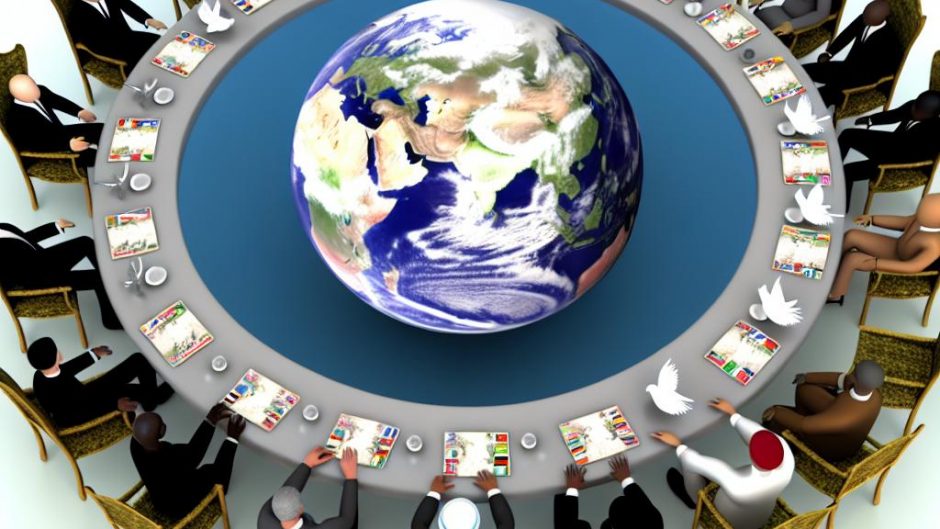Understanding the Importance of Unit Customization
Unit customization plays a significant role in diverse domains such as software development, manufacturing, and project management. Through the process of tailoring measurement units, modular software components, or predefined task structures, entities can achieve higher precision, optimize resource utilization, and ensure a better alignment with specific project goals or environmental demands. This ability to customize is often vital in delivering outcomes that directly meet the unique requirements posed by different scenarios.
Identifying the Need for Customization
The need for customizing units typically arises when one realizes that the existing standards—whether in measurement, software settings, or operational procedures—do not satisfactorily address the demands of a particular project. In international projects, for example, there is often a need to convert measurement units to adhere to local standards which can enhance clarity in communication and ensure accuracy in project execution. This kind of contextual necessity highlights the importance of recognizing not just when customization is required, but also understanding why it is critical in ensuring the success of a project.
Principles of Effective Unit Customization
Effective unit customization relies heavily on certain underlying principles:
Adaptability: Customized units must maintain adaptability. This means they should adjust to varying environmental conditions or project requirements while retaining their core functionalities and integrity. This adaptability ensures that while the units are tailored to specific needs, they remain robust and reliable across different scenarios.
Accuracy: At the heart of unit customization should be an enhanced precision in measurements or the execution of tasks. By minimizing the margin of error, these customized units contribute positively to project effectiveness and efficiency.
Consistency: Maintaining uniformity throughout the project or system is key. Consistent application of customized units prevents confusion, ensures standardization of processes, and facilitates a seamless flow of operations across different phases of the project.
Tools and Techniques for Unit Customization
The process of customizing units can be supported by a variety of tools and techniques, each designed to cater to specific types of customization needs:
Software Solutions: The digital era provides numerous software applications equipped with modules or plugins for unit customization. For programmers, there are libraries in languages such as Python and Java which aid in unit conversion and customization. For example, Python users can leverage the Pint library to define and convert units effectively within their applications.
Manual Adjustments: In sectors like construction and engineering, manual adjustments might be indispensable. This can involve recalibrating instruments or customizing settings manually to align with specific project requirements. Such hands-on customization allows for a level of detail and accuracy that pre-configured solutions may not provide.
Templates and Protocols: Employing predefined templates or adhering to established protocols can enormously assist in ensuring that unit customization remains within the confines of recognized standards. This adherence minimizes the risk of errors and provides a structured framework within which customization tasks are executed.
Challenges in Customizing Units
Despite its advantages, unit customization is not devoid of challenges. It can introduce an added layer of complexity to projects, increase the potential for human error, and necessitate continuous adjustments as project parameters evolve. Striking a balance between the depth of customization required and the inherent simplicity of the workflow remains crucial to avoid unnecessary complications.
Addressing these challenges involves several strategies: Maintaining detailed documentation can provide clear guidelines and reference points, while validation techniques help check the workability and accuracy of the customization. Furthermore, employing software tools that automatically verify consistency and accuracy can significantly mitigate potential issues, offering peace of mind amidst complex operational demands.
In conclusion, unit customization is an invaluable process that can significantly enhance the outcomes of projects across various domains. By tailoring operational parameters to the unique needs of each situation, it promises improvements in precision, communication, and overall project effectiveness. Although the pathway to successful customization demands careful planning and execution, the resultant benefits—overcoming the inherent challenges—underscore its worth as a strategic endeavor in modern project management and development landscapes.












Recent Comments